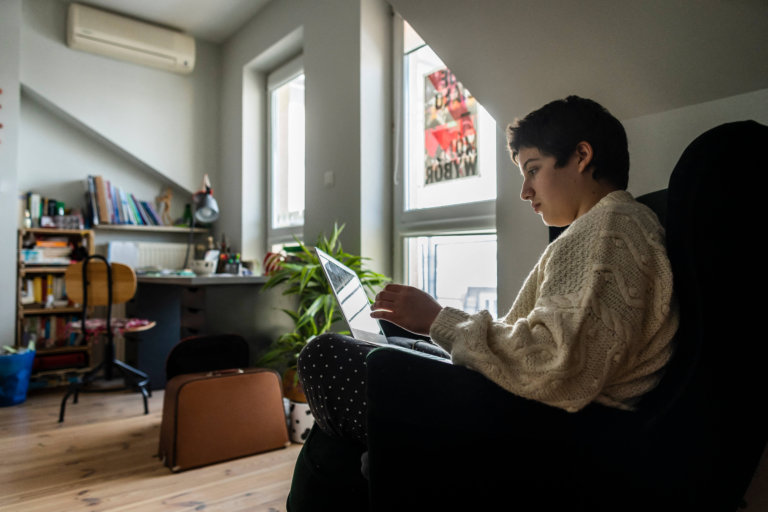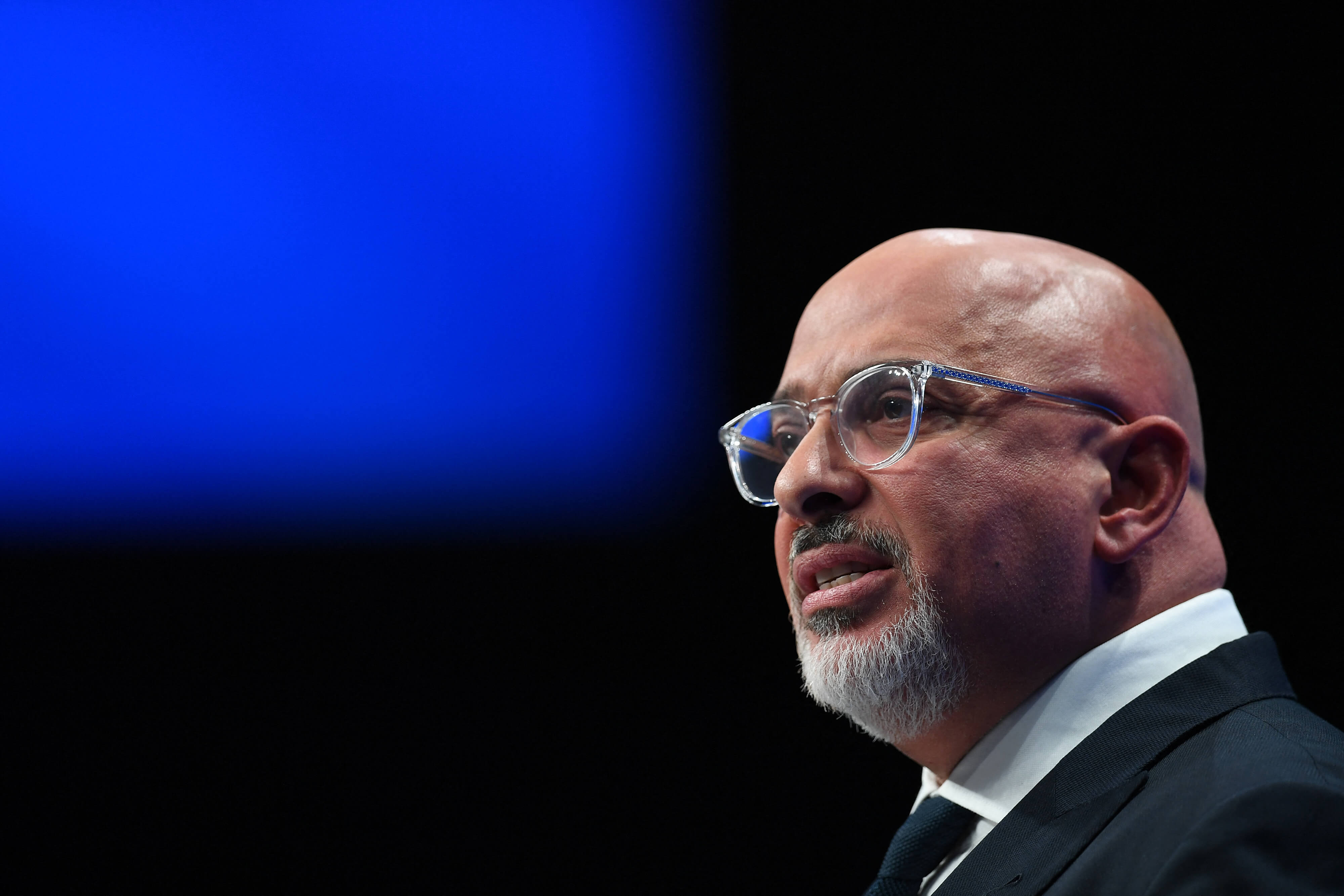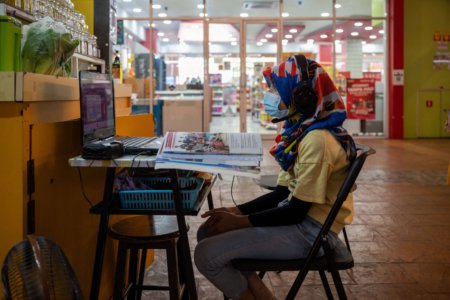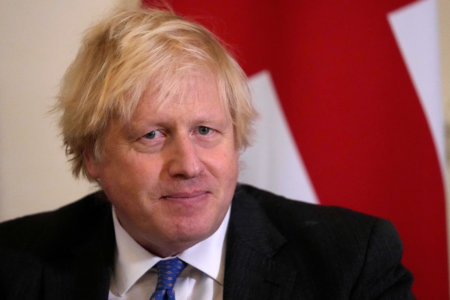
Several UK universities are resisting government calls for face-to-face education as Omicron cases continue to rise.
Durham University is among the 15 British institutions reinstating online teaching, having announced that it would be starting the new term virtually. The university has opted to deliver “a blended learning offering” for the first two weeks of term, with the aim to revert to face-to-face teaching during the third week unless the situation changes.
“It continues to be our policy to deliver a high-quality, in person teaching and learning experience,” Durham University told its students. “However, we recognise there may be times throughout the term, as we manage the current wave of Omicron infections, where some changes to methods of delivering our high-quality education may be required.
Labs and practical classes will continue to operate with “existing, robust Covid-mitigation measures”, while student participation in wider activities such as outdoor sports is dependent on proof of a negative LFT (lateral flow test) result. Meanwhile, the university encourages its students to get a booster dose.
Queen’s University Belfast announced last year that it would be conducting the majority of its classes remotely over January. Students on programmes that require either practical lessons, such as lab sessions and clinical skills, or face-to-face teaching that is essential for professional accreditation or academic progression, will be exempt from this rule.
The university’s library, study spaces, and support services will remain open during this period.
More than 100 UK universities are offering a mix of in-person and online learning, said reports.
UK universities have “no excuse” for not holding face-to-face classes

UK Education Secretary Nadhim Zahawi says that students who feel they are not getting “value for money” should complain to the Office for Students. Source: Paul ELLIS / AFP
UK Education Secretary Nadhim Zahawi has criticised the decision to move online, saying that UK universities have “no excuse” for cancelling face-to-face learning when schools and colleges are being taught in person.
“I want to repeat that my expectation of universities is that they deliver face-to-face education,” he told The Sunday Times. “They need to deliver it and if students feel they are not getting value for money, they should take that up with the Office for Students.”
He reminded universities that the country would be living with coronavirus for the next five years at a minimum, and despite Omicron presenting “a big bump in the road,”there remains a need to “get back to a world where students are getting value for money and face-to-face education.”
Students at UK universities pay over 9,000 pounds annually for their programmes. International students are often charged twice or three times that amount.
“Universities in England are doing all they can to prioritise in-person teaching and learning at the start of term, and continue to work closely with health authorities and relevant government departments to keep students and staff safe,” a spokesperson for Universities UK told MailOnline.
This includes taking steps to manage the virus, such as implementing the use of face masks, regular asymptomatic testing, and having outbreak plans to prepare for a spike in cases.
Higher and Further Education Minister Michelle Donelan has called for universities to be “totally transparent with students about the return to face-to-face learning.”
“There are options available to students if they feel they have not received what they were promised — over half a million pounds has already been refunded by providers as a result of complaints…on a wide variety of issues, and greater clarity from universities will help even more students get reimbursements where appropriate,” Donelan told The Tab. “Above all, universities must listen to students when making any changes to the way courses are delivered.”
Universities worldwide are moving back to online learning

US universities are shifting back to remote learning amidst rising Omicron cases on campus. Source: Wojtek Radwanski/AFP
The US is one of many countries worldwide seeing a shift back to online learning in universities. This includes Ivy League institutions that are seeing a rise in COVID-19 cases on campuses. As a result, many US universities are taking swift measures against the virus to halt its spread.
A representative from Association American University (AAU) said, “At Cornell University, surveillance testing recently identified a significant uptick in COVID-19 cases on campus. To limit further spread, Cornell University President Martha Pollack announced that final exams will move online and that most university activities are cancelled.”
Yale University has delayed the start of its spring term by one week, choosing to move the first two weeks of classes online for students.
“To slow the spread of the virus following winter recess, we will modify the academic calendar for Yale College and the Graduate School of Arts and Sciences for the first few weeks of the spring semester,” the university’s president and provost said in a joint statement. “We are working with deans of professional schools, who will be communicating with students soon about any adjustments necessary to courses and schedules.”
Most universities in Australia are adopting hybrid teaching models for the 2022 academic year, offering a mix of in-person and online lessons after the country recently opened its borders to international students.










